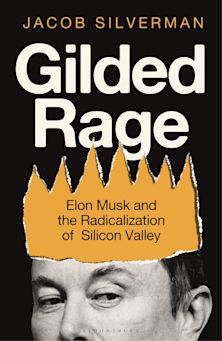- Home
- NON-FICTION
- Politics, Current Affairs & Culture
- The Soviet–Afghan War 1979–89
The Soviet–Afghan War 1979–89
- Delivery and returns info
-
Free US delivery on orders $35 or over
You must sign in to add this item to your wishlist. Please sign in or create an account
Description
The Soviet invasion of neighbouring Afghanistan in December 1979 sparked a bloody nine-year conflict with the Mujahideen until Soviet forces withdrew in 1988-89, dooming the communist Afghanistan government to defeat by Afghan popular resistance backed by the USA and other powers. The Soviet invasion had enormous implications on the global stage; it prompted the US Senate to refuse to ratify the hard-won SALT II arms-limitation treaty, and the USA and 64 other countries boycotted the 1980 Moscow Summer Olympics. For Afghanistan, the invasion served to prolong the interminable civil war that pitted central government against the regions and faction against faction. The country remains locked in conflict over 30 years later, with no end in sight.
For over a year before the invasion the communist Afghan government, installed following a coup and intent on forcibly modernizing the country's civil law in the face of centuries of feudal practices, had called for Soviet armed assistance in its efforts to overcome the open rebellion of the Mujahideen. Fearing the international consequences should the Afghan government be toppled, the Soviets decided to invade. From the outset, though, they failed to understand that communist principles were incompatible with traditional tribal relationships - especially in a country notorious for its poor communications and resistance to centralization.
The Soviets found that their forces, largely made up of conscripts untrained in mountain warfare and counter-insurgency - and deploying 'conventional' weapons such as tanks and helicopters - could not defeat guerrillas enjoying the support of both the local population and powerful foreign allies such as the USA, and operating in harsh mountainous and/or desert terrain that favoured the defenders. The Soviets decided to stage a phased withdrawal of their own forces and concentrated on building up the Afghan government forces, but the Mujahideen soon prevailed, ushering in a new era dominated by the Taliban, an Islamist militia group that controlled large parts of the country from the mid-1990s.
Featuring specially drawn mapping and drawing upon a wide range of sources, this succinct account explains the origins, history and consequences of the Soviet intervention in Afghanistan, thereby shedding new light on the more recent history - and prospects - of that troubled country.
Product details
| Published | Nov 20 2012 |
|---|---|
| Format | Paperback |
| Edition | 1st |
| Extent | 96 |
| ISBN | 9781849088053 |
| Imprint | Osprey Publishing |
| Illustrations | 45 b/w; 38 col |
| Dimensions | 10 x 7 inches |
| Series | Essential Histories |
| Publisher | Bloomsbury Publishing |



































